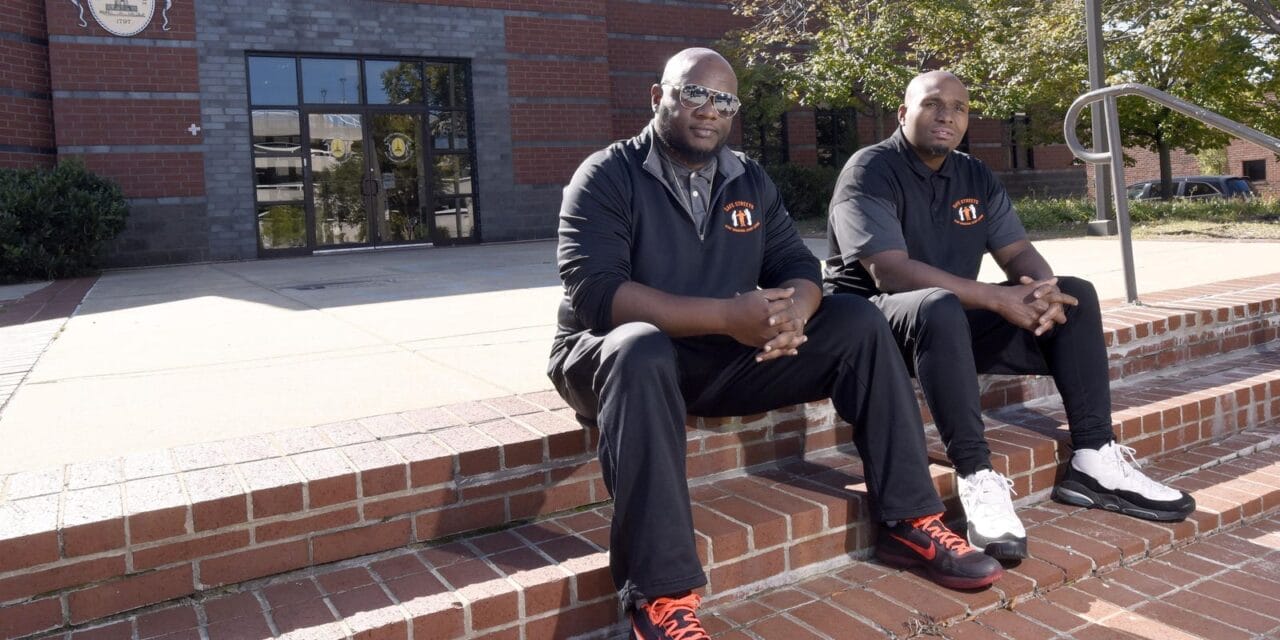Champions for Peace: A Conversation with Kenneth Andrews Jr.
Community violence intervention relies on concerned individuals willing to serve as peacemakers within their communities. They work tirelessly to prevent violence by engaging those at highest risk of using or being injured by a gun to alter the trajectory of their lives and curb the spread of violence. In this series, we hope to highlight the invaluable contributions of CVI workers and foster a deeper understanding of CVI from the perspective of the frontlines.
This interview has been edited for length and clarity.
Field Coordinator, Movement 4 Life Sacramento, California
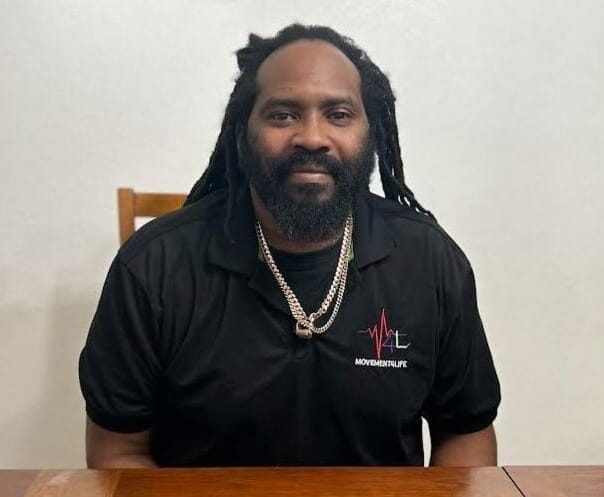
GIFFORDS Center for Violence Intervention: What does community violence intervention mean to you?
Kenneth Andrews Jr.: It means changing the narrative in communities. Generally, in rougher communities, the thought process is to always handle your problems with anger and violence.
Working in intervention, for me, is working on changing that thought process and making it extremely taboo to resolve your issues that way. It’s showing people that words are also very powerful, not just knives and guns and fists. You can find yourself in a lot of trouble if you’re not able to grow as a person and learn how to resolve conflict peacefully.
What brought you to this work, and how do you keep yourself motivated?
Coming up in the streets, I was a real knucklehead, real set in my ways, and didn’t listen to any good advice good people tried to give me. I spent a long time in the streets. My boss—Julius Thibedaeux, he’s from the same neighborhood I’m from—reached out to me and was trying to give me the chance to turn over a new leaf. It didn’t stick right away, though.
On a regular day, doing my everyday routine, I took a look at my son. You see, my son’s basically an angel. He hasn’t been suspended in his whole school career. He’ll graduate next year. He’s been perfect, no trouble. Nothing like his father. I see him, and I see some of my friends, some of the people I grew up with and influenced in my life, and I see their children, I see these little boys and the direction we’re going in.
My son’s an angel, but the rest of the world is not full of angels, so the landscape he has to navigate through could be rough. If I can make that landscape a little bit easier, I’m going to make sure nothing bad happens to him. And that goes for kids across the board.
I wasted most of my life doing frivolous things, and I want them to be able to get out there in the real world and not waste their time, not have the same bumps in the road, the headaches, and the scars that people like myself have been through. That’s the goal.
Is there anything that you feel people don’t understand about the work you do, or that you feel it’s important for others to understand about addressing violence?
Every person sees things differently, so you have to be able to be a sponge and soak in all the information from all parties. You’re not looking at anything from one side. You’re counting all the angles and trying to resolve things. You just don’t show up saying, “Shame on you! That’s bad.”
Some people believe they’re justified in their actions, and you have to find a way to share with them that the other person doesn’t see it the same way. They have to put themselves in another person’s shoes. A lot of people don’t believe they have to empathize—until you break it down to them, then they can say, “Oh, yeah. Well, I would feel a certain way, too.”
That’s why relationship-building is going to be a key factor. You have to build some type of rapport. The person in the situation has to be able to trust that what they say to you is in confidence and you’re not judging them. You’re just being genuine, and they actually have some type of a friend in you. Make it known that you’re not there to pass off their case to someone else. You’re there to walk them through whatever process needs to be walked through.
People that were brought up in the streets or in rough neighborhoods that do this work are absolutely needed. Everyone is, but it’s the lived experience part of it that is tremendously valuable. I can’t put an amount on the value that it brings to the table for you to be able to walk into a situation, and people can recognize some of their same struggles on you.
If we get to a scene and someone’s child or brother’s been murdered, we are coming in asking, “What does your family need? Can we offer any assistance or help?” There might be somebody in the family we know from a different situation who will let the family know, “No, he’s a cool dude,” and then you could talk to them.
With that relationship you can do what needs to be done. You can find out who the victim was and who they believe the assailant was, you can make contacts with other parts of the city and neighborhood, and you can find out if we can stop it.
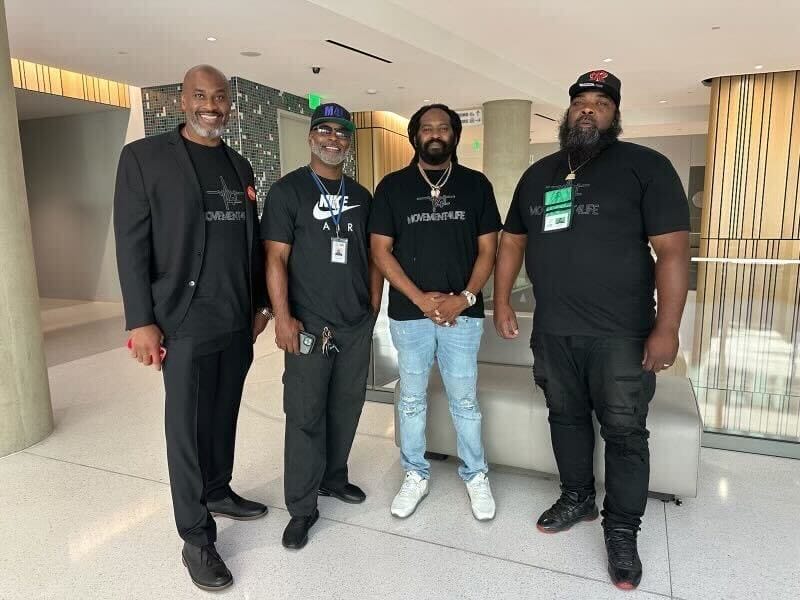
Thank you so much for speaking with us today, Kenny. Is there anything else you’d like to add?
I do have a message for everyone about this work. In this job, you do the work that needs to be done when it needs to be done. You don’t have a day off. You might be scheduled for one day, but you might get that phone call. It might be an emergency.
So you have a work schedule that you work, and you do your thing, but other people’s lives have different schedules. If that interferes with yours, so be it. You just have to do the work that needs to be done. Eventually, we won’t need to do the work if we do it now. We can heal these people.
We are grateful to Kenneth Andrews Jr. and the entire Movement 4 Life team for their commitment to the Sacramento community. Kenneth’s dedication shines a light on the transformative power of CVI workers in changing lives and reshaping communities. We look forward to bringing you more insights and sharing more conversations with peacemakers.
STAY CONNECTED
Interventions are most effective when they are supported by strong community networks. Sign up for Giffords Center for Violence Intervention’s newsletter to learn more about what’s happening in the field, relevant legislation, and funding opportunities.
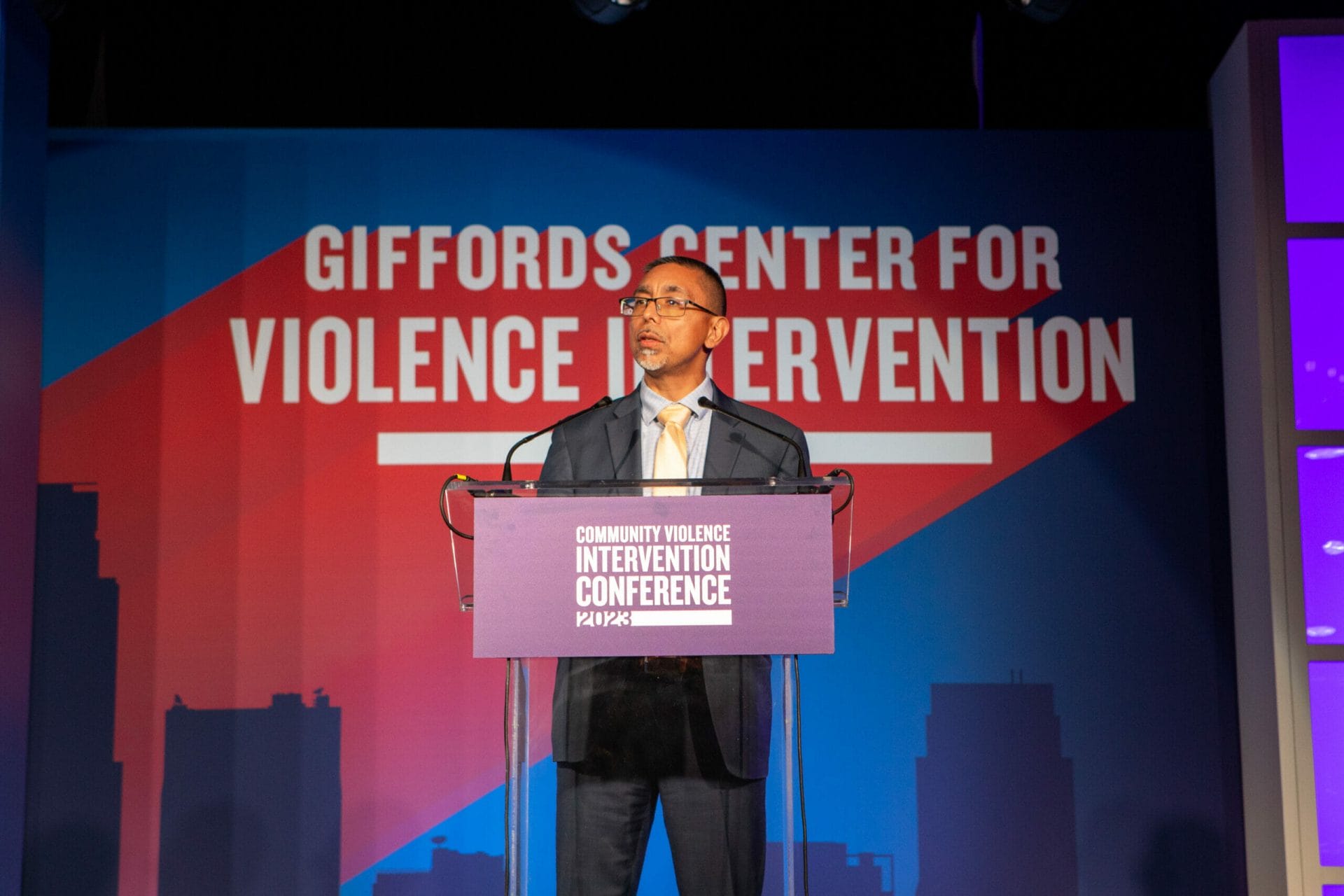
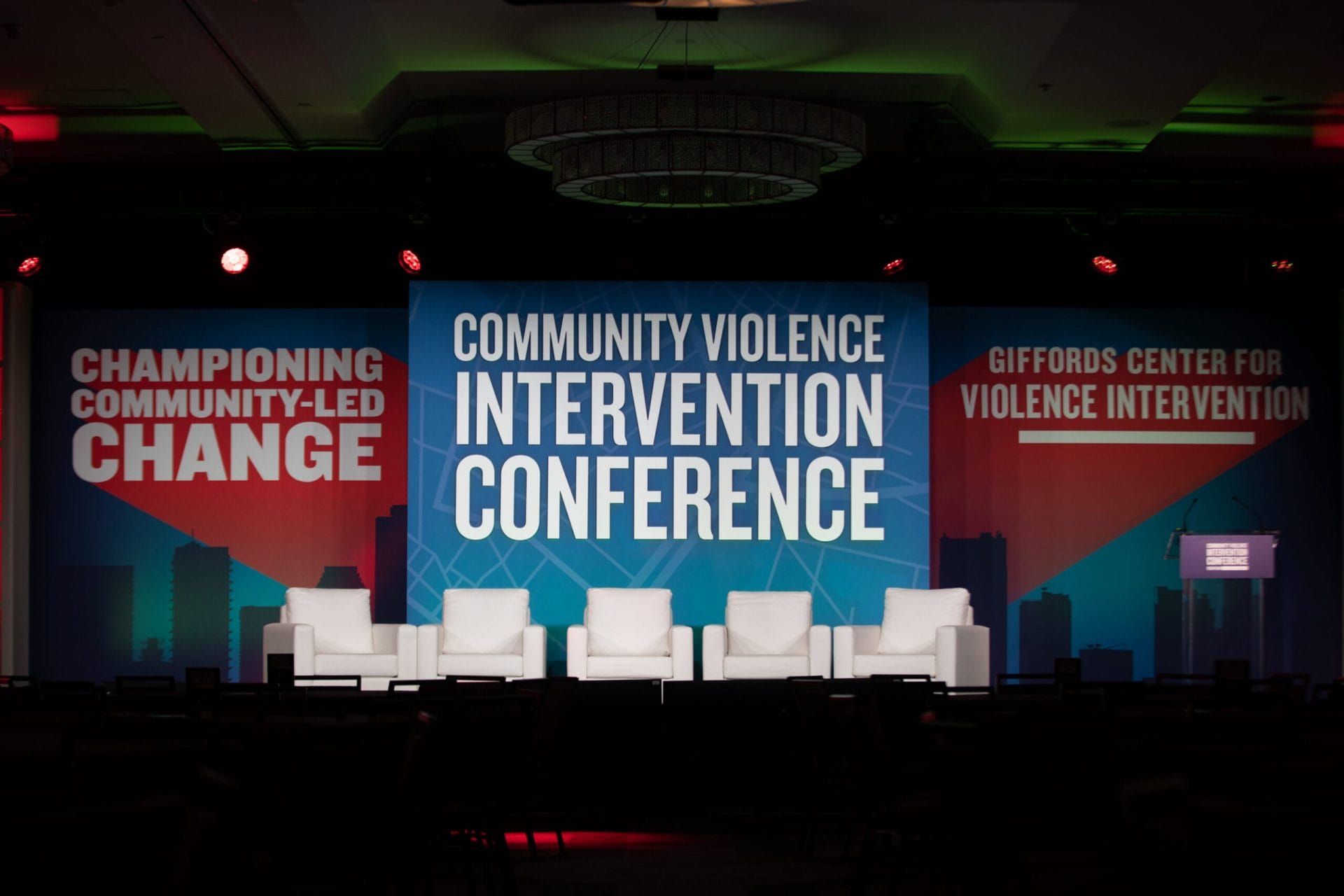
EVENT
2025 CVI CONFERENCE
Giffords Center for Violence Intervention will host its first annual Community Violence Intervention Conference in Los Angeles on June 16 & 17.
Learn More